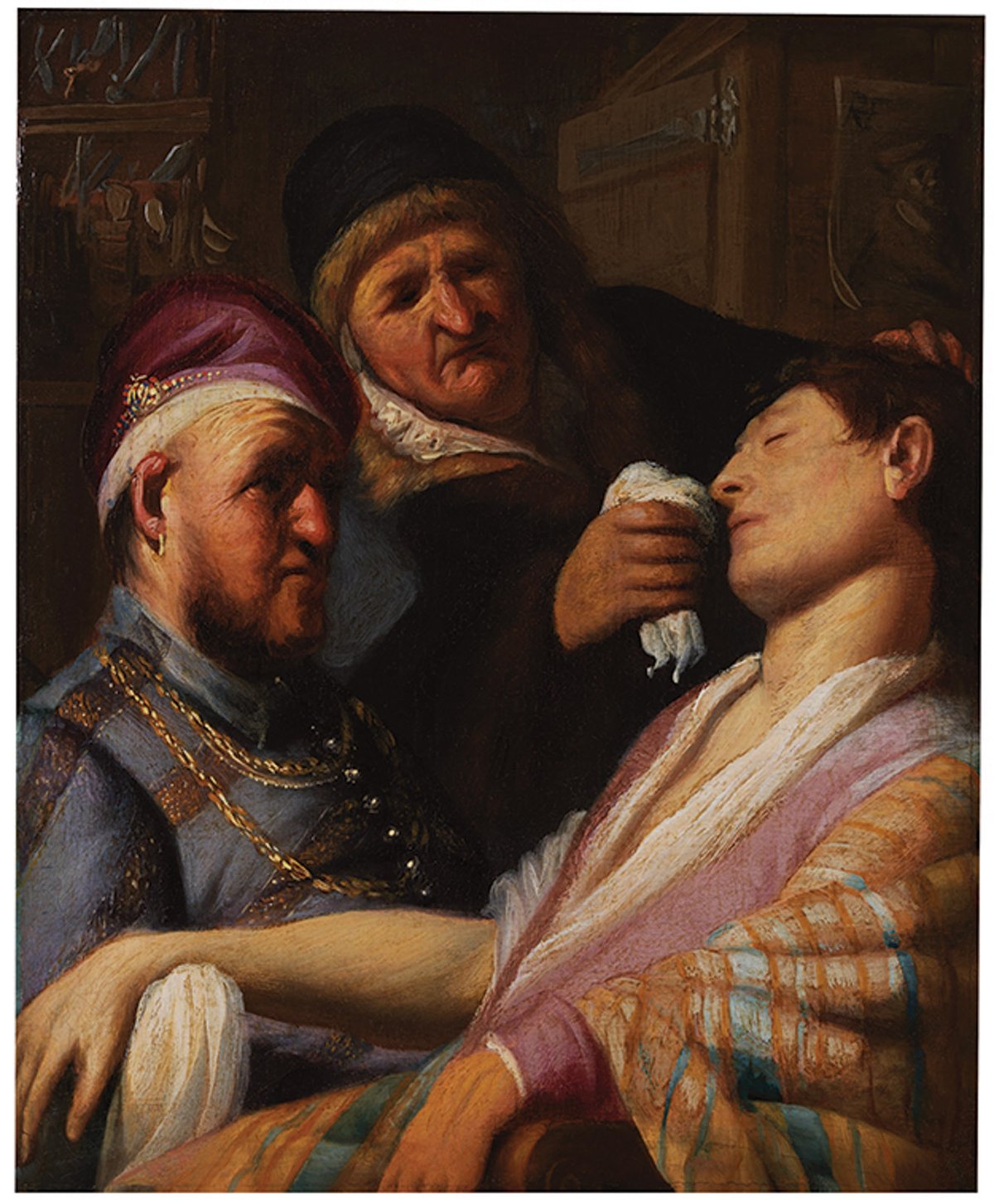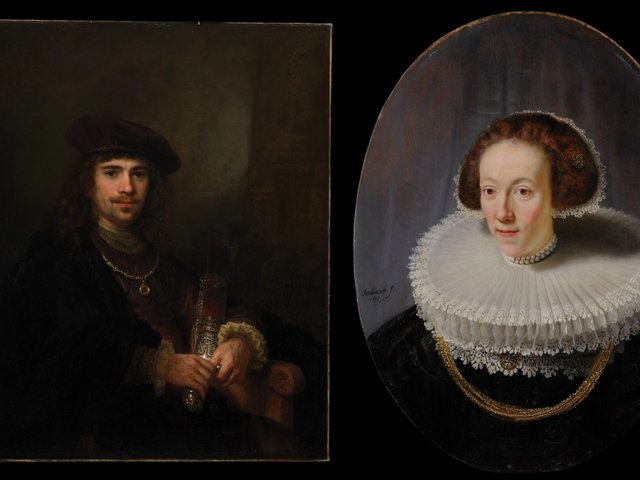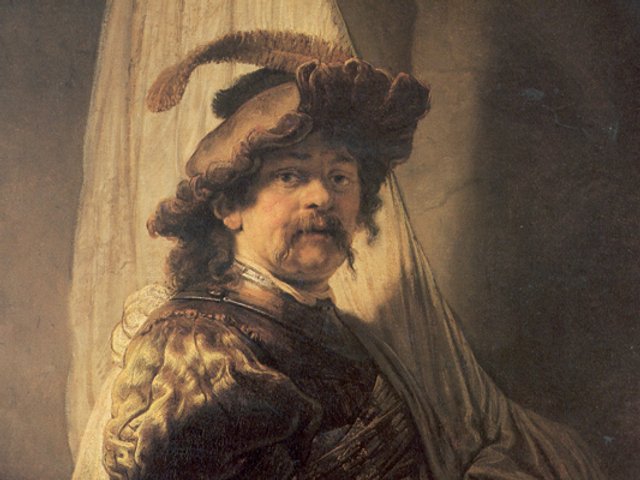In 2015, a painting that was estimated to make up to $800 at a small New Jersey auction house turned out to be the work of the teenaged Rembrandt van Rijn. Now Jay Rappoport, a member of the family that consigned the work, Unconscious Patient (Allegory of Smell), around 1624-25, is suing his own relatives and almost everyone involved with the sale in New York State Supreme Court, claiming deception, fraud and a conspiracy to deceive him.
The picture sold at Nye & Co in Bloomfied, New Jersey, to the Paris gallery Talabardon & Gautier for $870,000, reaching more than $1m with commissions. The collector Thomas Kaplan then acquired Unconscious Patient (Allegory of Smell) for a reported $4m, and reunited it in his Leiden Collection with two other works from the young Rembrandt’s five-picture series inspired by the human senses.
According to the court complaint, Jay Rappoport, the grandson of Philip Rappoport, a silk manufacturer who purchased Unconscious Patient before the Great Depression, says his aunt “pilfered” the work from his ailing grandmother before she died and that his cousins consigned it to auction without his knowledge or permission as an heir. He maintains that bidders at the auction were working together as part of a conspiracy. Rappoport is also suing Thomas Kaplan and the Leiden Collection, demanding the return of the work or $5m, plus legal fees and court costs.
Besides naming members of Rappoport’s family as defendants, along with the auctioneer Nye & Co, the complaint lists 20 additional unnamed “co-conspirators”, including the auction house staff who handled phone bids during the sale.
“Behind the scenes, there’s a conspiracy to get the painting basically laundered, from the Landaus [cousins of Jay Rappoport], who knew it was a Rembrandt, to the owners of the largest private collection of Rembrandts,” says Rappoport’s lawyer, Robert Sadowski. “None of these possessors had good title to pass.” Sadowski adds: “Ultimately these things probably have a monetary settlement value, but there are creative ways to resolve these kinds of matters.”
Representing Thomas Kaplan and the Leiden Collection is John Cahill, whose only comment was that Rappoport’s complaint was “without merit”.
In his written response to Rappoport’s complaint, Cahill urges the court to reject the claim based on, in part, the statute of limitations and jurisdictional grounds. In the court document, he calls the demand to recover the painting or receive a sum greater than its sale price “a cynical, opportunistic, and much-belated ploy to capitalise on the Rembrandt’s recent rediscovery and sale at high price”.
In the same motion to dismiss, Cahill states that, 20 years ago, Jay Rappoport sued the film director Steven Spielberg, Paramount Pictures, and a long list of film and media firms for stealing his ideas for their productions, describing the defendants as part of a “strategic umbrella collusion”.
Citing the court’s observation in that case two decades ago, Cahill wrote in his response that the “Plaintiff’s allegations of conspiracy in the [Rembrandt] Complaint are at least as ‘far-fetched’ as those noted by the Court in [the] Spielberg [case].”




